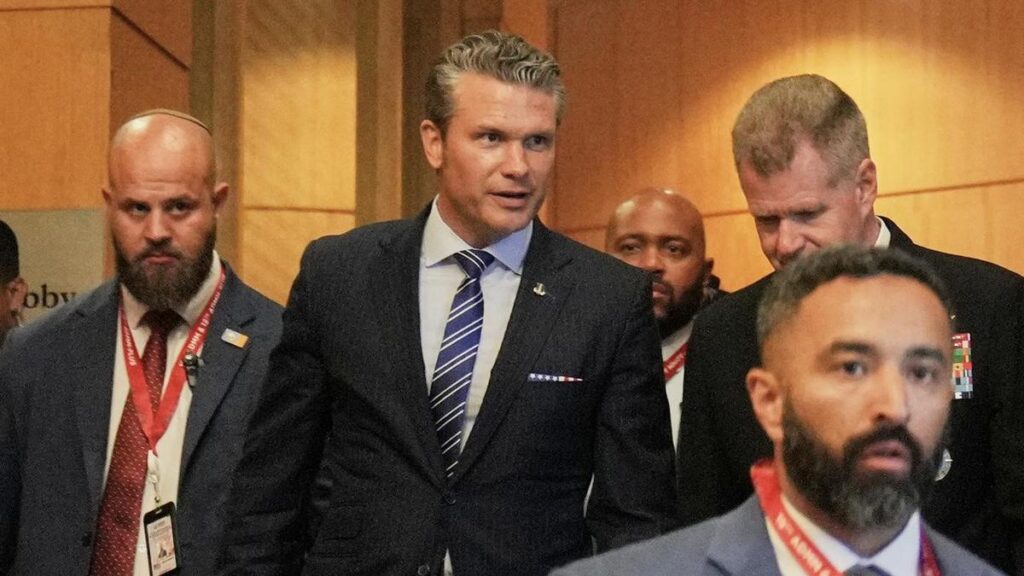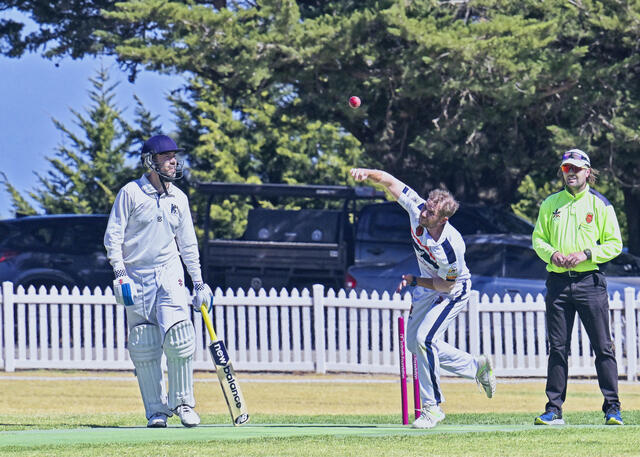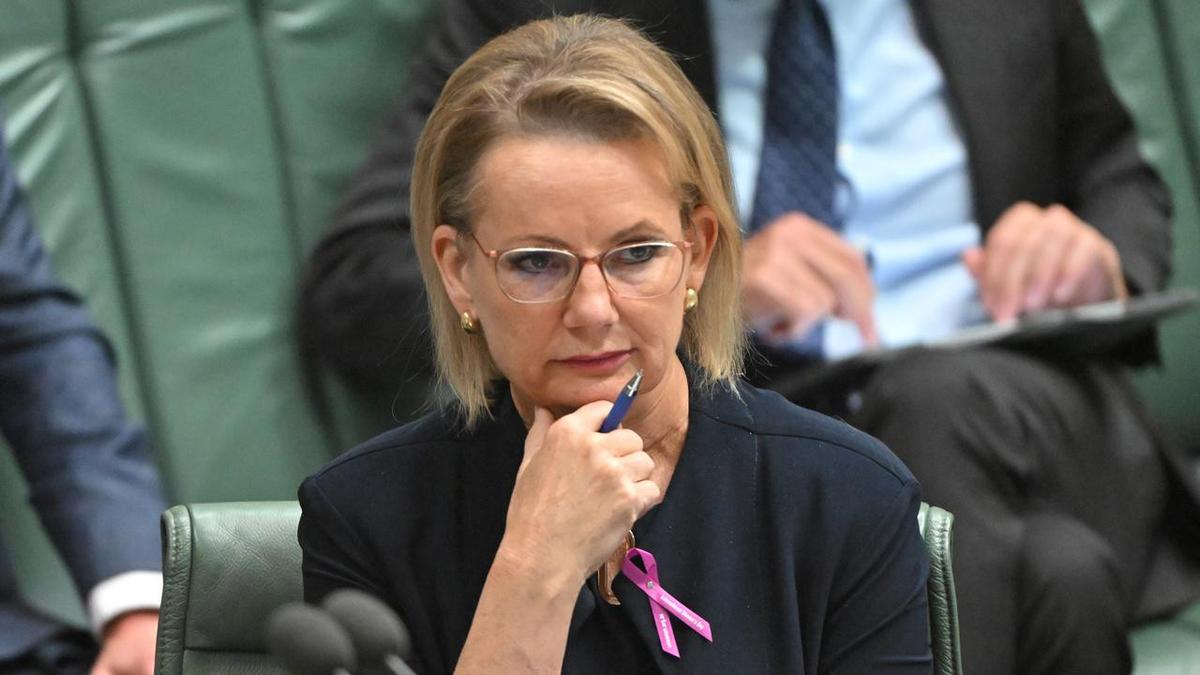
The United States has pledged to “stoutly defend” its interests in the Indo-Pacific region during a meeting between Secretary of Defense Pete Hegseth and Chinese Admiral Dong Jun. This meeting took place on the sidelines of the ASEAN defence ministers meeting in Kuala Lumpur, Malaysia. The discussions also included the signing of a new security agreement with India aimed at enhancing military and technological cooperation.
Hegseth characterized his conversation with Admiral Dong as “good and constructive.” He highlighted US concerns regarding Chinese activities in the South China Sea, around Taiwan, and towards US allies in the region. In a post on social media platform X, Hegseth stated, “I highlighted the importance of maintaining a balance of power in the Indo-Pacific.” He emphasized that while the United States does not seek conflict, it will continue to uphold its interests and ensure it possesses the necessary capabilities in the region.
In response, China’s defence ministry issued a statement reflecting its established positions. Admiral Dong underscored that the reunification of China and Taiwan is an “unstoppable historical trend.” He called on the US to exercise caution in its rhetoric and actions concerning Taiwan, expressing hope that the US would act on its statements about not containing China and seeking to foster regional and global peace.
Their recent meeting follows a video call on September 9, illustrating ongoing efforts to manage tensions in the Indo-Pacific despite evident strategic differences, particularly regarding Taiwan and freedom of navigation.
Hegseth also met with India’s Defence Minister Rajnath Singh during the ASEAN meeting, where they formalized a ten-year framework aimed at expanding military and technological collaboration. The partnership between the US and India has been deemed crucial as it serves as a counterbalance to China’s influence in the region. Singh remarked that the US-India partnership is vital for ensuring a “free, open and rules-based Indo-Pacific.”
The new framework comes at a time of renewed strain in US-India relations, particularly after former President Donald Trump imposed a 50 percent import tariff on Indian goods in August and criticized India for continuing to purchase discounted Russian oil. Notably, India is the second largest buyer of Russian oil after China.
Hegseth also held discussions with his Malaysian counterpart, reaffirming their mutual commitment to maritime security in the South China Sea. During the opening of the ASEAN defence ministers meeting, Mohamed Khaled Nordin warned that regional peace is increasingly threatened by both traditional and emerging challenges, including heightened tensions in the South China Sea and the growing threat of cyberattacks that could destabilize societies and undermine critical infrastructure.
The ASEAN defence ministers are set to continue their discussions with dialogue partners, including the United States, China, Japan, India, Australia, South Korea, and Russia, on Saturday. The outcomes of these meetings could have significant implications for security dynamics in the Indo-Pacific region.







